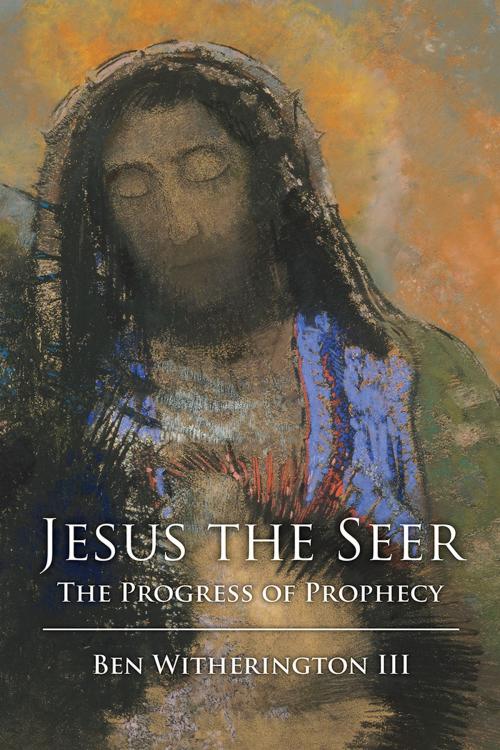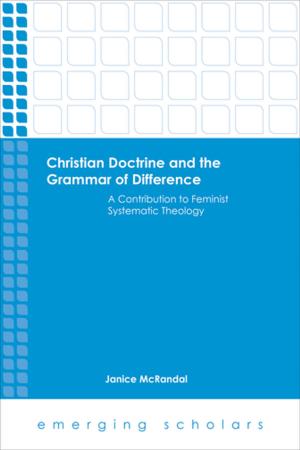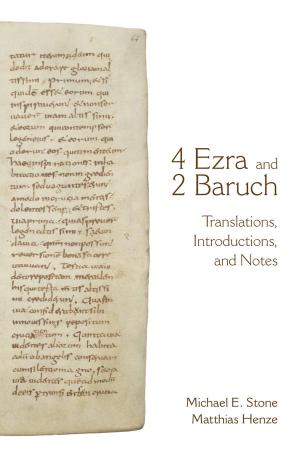Jesus the Seer
The Progress of Prophecy
Nonfiction, Religion & Spirituality, Bible & Bible Studies, New Testament, Study| Author: | Ben Witherington III | ISBN: | 9781451489507 |
| Publisher: | Fortress Press | Publication: | April 1, 2015 |
| Imprint: | Fortress Press | Language: | English |
| Author: | Ben Witherington III |
| ISBN: | 9781451489507 |
| Publisher: | Fortress Press |
| Publication: | April 1, 2015 |
| Imprint: | Fortress Press |
| Language: | English |
| Scholars recognize that prophetic traditions, expressions, and experiences stand at the heart of most religions in the ancient Mediterranean world. This is no less true for the world of Judaism and Jesus. Ben Witherington III offers an extensive, cross-cultural survey of the broader expressions of prophecy in its ancient Mediterranean context, beginning with Mari, moving to biblical figures not often regarded as prophets‒‒Balaam, Deborah, Moses, and Aaron‒‒and to the apocalyptic seer in postexilic prophecy, showing that no single pattern describes all prophetic figures. The consequence is that different aspects of Jesus’s activity touch upon prophetic predecessors: his miracles, on Elijah and Elisha; his self-understanding as the Son of Man, on Daniel and 1 Enoch; his warnings of woe and judgment, on the “writing prophets” in Judean tradition; and his messianic entry into Jerusalem, on Zechariah 9. Witherington also surveys the phenomenon of apocalyptic prophecy in early Christianity, including Paul, Revelation, the Didache, Hermas, and the Montanist movement. Jesus the Seer is a worthy complement to Witherington’s other volume on Jesus, Jesus the Sage. |
| Scholars recognize that prophetic traditions, expressions, and experiences stand at the heart of most religions in the ancient Mediterranean world. This is no less true for the world of Judaism and Jesus. Ben Witherington III offers an extensive, cross-cultural survey of the broader expressions of prophecy in its ancient Mediterranean context, beginning with Mari, moving to biblical figures not often regarded as prophets‒‒Balaam, Deborah, Moses, and Aaron‒‒and to the apocalyptic seer in postexilic prophecy, showing that no single pattern describes all prophetic figures. The consequence is that different aspects of Jesus’s activity touch upon prophetic predecessors: his miracles, on Elijah and Elisha; his self-understanding as the Son of Man, on Daniel and 1 Enoch; his warnings of woe and judgment, on the “writing prophets” in Judean tradition; and his messianic entry into Jerusalem, on Zechariah 9. Witherington also surveys the phenomenon of apocalyptic prophecy in early Christianity, including Paul, Revelation, the Didache, Hermas, and the Montanist movement. Jesus the Seer is a worthy complement to Witherington’s other volume on Jesus, Jesus the Sage. |















